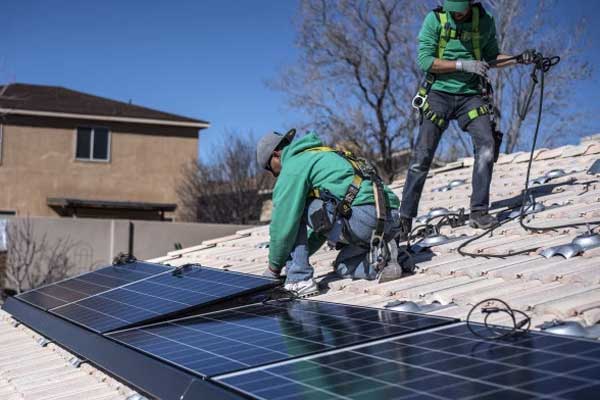INUVIK, NT, March 6, 2019 — The best solutions for combating climate change in rural and remote Indigenous communities come from the people who live there. That is why Canada is investing in these communities and enabling them to use less diesel fuel and more renewable energy.
These investments will tap into the vast potential for forest-based biomass and renewable energy and increase economic competitiveness while protecting the environment.
Member of Parliament for the Northwest Territories Michael McLeod, on behalf of Canada’s Minister of Natural Resources, the Honourable Amarjeet Sohi, today announced an investment of more than $3.5 million in two Indigenous-owned Nihtat Corporation projects that will create jobs, cut energy costs and reduce fossil fuel consumption in the North.
“Investing in Indigenous participation and community involvement in remote communities provides valuable opportunities to build capacity from within while reducing the need to transport and consume diesel fuel, shrinking our environmental footprint,” said Michael McLeod, Member of Parliament for the Northwest Territories. “By investing in tomorrow’s cleaner, renewable sources of energy, we can improve the reliability of our electricity supply and create good jobs locally.”
The first investment of $3.3 million will allow Nihtat Corporation to combine solar power with battery storage to help three local businesses and 32 residential units in Inuvik and Iqaluit run almost exclusively on solar energy during the spring and summer months. This project will improve electricity reliability, create local employment and generate 1.25 megawatts of new reliable electricity annually, cutting local diesel consumption by 380,000 litres per year.
The second investment of $220,000 will enable Nihtat Corporation to undertake a capacity development study to look into options for wood pellet plant development, wood-based biomass opportunities and biomass supply chain enhancements in the Beaufort Delta region. This project will encourage the use of biomass as a healthy and economical choice for heating that will reduce costs and greenhouse gas emissions.
“The Nihtat Gwich’in are excited to partner with the Government of Canada on this cutting-edge opportunity that will reduce the cost of living and operations for the people and businesses of Inuvik, while at the same time reducing the impact of greenhouse gas emissions from our community,” said Jozef Carnogursky, President, Nihtat Corporation. “We see this a strong example of how Indigenous peoples and the Government of Canada can work together in the interest of sustainable development in the North.”
Both projects are being funded through Natural Resources Canada’s Clean Energy for Rural and Remote Communities (CERRC) Program. The goal of the program is to reduce the reliance of rural and remote communities on fossil fuel for heat and power, with particular emphasis on Indigenous communities.
The CERRC program is part of the Government of Canada’s $180+ billion Investing in Canada infrastructure plan.















Comments